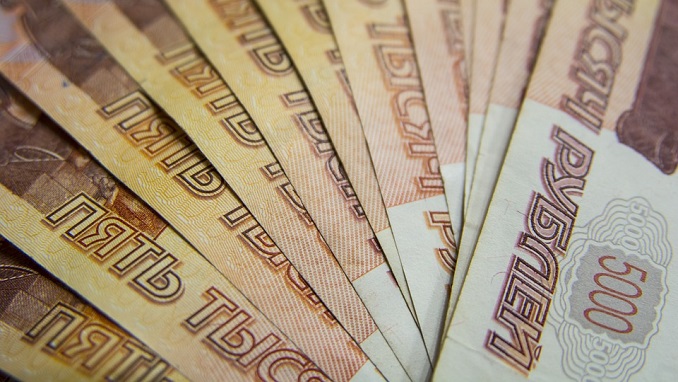A group of liberal economists has called on the Russian government to dramatically boost its economic relief measures amid the coronavirus crisis by letting the Bank of Russia increase the money supply and handing over large cash payments to Russian citizens.
In an article published by Liberal.ru, the experts argue that economic policies used to combat previous crises may turn out to be not only useless but also harmful in this case.
“The Russian economy is probably facing the most serious challenge in the last 20 years and the prospect of a crisis that could exceed the scale of 1998, 2008-2009 and 2014-2015,” the group said. They added that the “double challenge” of economic lockdowns and the sharp drop in oil prices “leaves the Russian economy more vulnerable to the crisis than others.”
Economists warn the Kremlin’s economic response to the coronavirus pandemic could lead to widespread economic hardship with companies going out of business for good and a long-term hit to government tax revenues.
To stimulate the economy, the group of eight economists, including Sciences Po professor Sergei Guriev, said Russia may need to quadruple its level of economic support to more than 10 trillion rubles ($136 billion) — or 10% of Russia’s GDP — in a radical scenario.
The call comes as opposition lawmakers in Moscow’s city parliament warned that a lack of government support could lead to mass protests and starvation in the capital.
The experts called on the central bank to launch a program of quantitative easing — essentially printing money to buy government debt — and a package of direct cash handouts to businesses and individuals. Guriev said every Russian should be paid 20,000 rubles ($275) per month while the economy is in quarantine, and small businesses should be given the same amount for each of their employees, to help cover wages and rent payments.
“Russia can afford such amounts. It was for such situations that the National Welfare Fund was created, and in which there are sufficient funds,” Guriev said.
Moscow has accumulated $125 billion in its National Welfare Fund — assets that have been saved from profits on oil exports since the 2015 crisis.
Konstantin Sonin, professor at Moscow’s Higher School of Economics and the University of Chicago, also pushed for unconditional cash handouts from the government, totaling 40,000 rubles ($550) over the rest of the year.
The Russian government has so far rolled out a program of cheap loans to businesses, boosted unemployment benefits and increased social welfare payments to families with young children in response to the coronavirus crisis. A host of economists and business owners have repeatedly criticized the government for not going far enough and called for a more comprehensive package of support.












